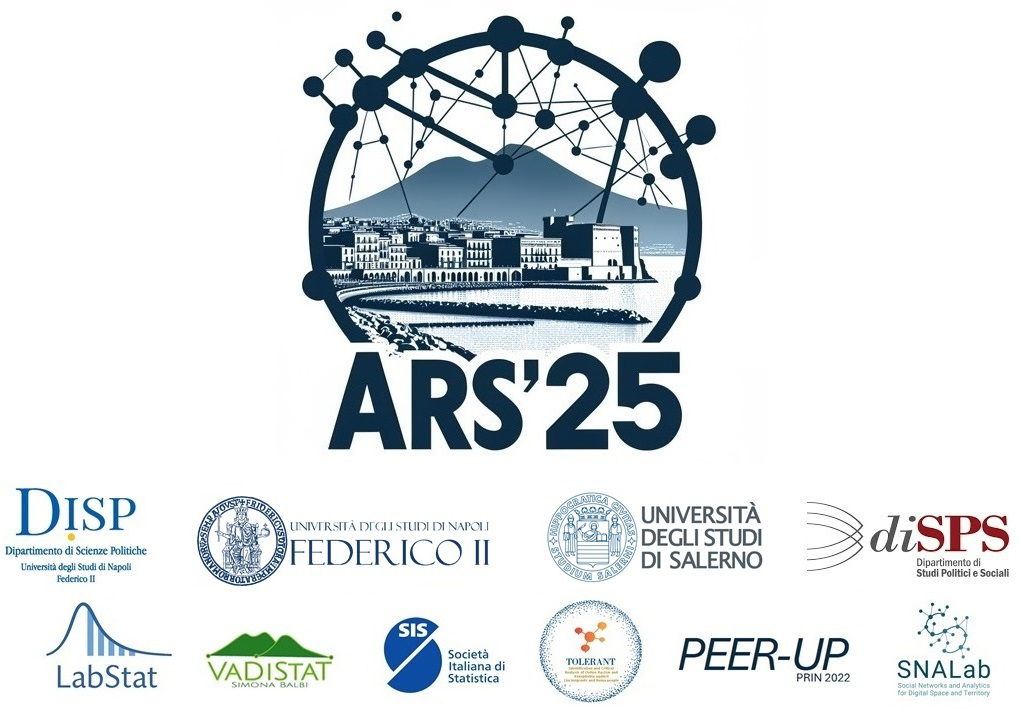Speaker
Description
This study investigates the role of social networks in southern Italian students’ decision to relocate to central and northern Italy for higher education. Indeed, student mobility in Italy is predominantly a unidirectional phenomenon, taking place almost exclusively from the South to the Center and the North, further exacerbating existing regional inequalities. While the academic literature has identified key drivers of student migration, such as academic performance, social class of origin, labor market conditions, and university quality, the role of social influence has remained underexplored. To address this gap in the existing literature, a survey was administered to 209 high school students in their final year from two high schools in a southern Italian city. Social network influence was assessed using personal network analysis, and logistic regression models were computed to assess the impact of network characteristics on students' mobility decisions, while controlling for a comprehensive set of personal and contextual factors. The findings reveal a significant association between students’ mobility choices and social network measures, with the most critical factor being the proportion of their social contacts who had pursued or intend to pursue similar education and mobility paths. Noteworthy, the inclusion of social network influence measures diminished the impact of traditionally considered socio-demographic determinants, suggesting that while such factors may create the conditions for social ties to develop, it is the networks themselves that provide the mechanisms through which students adopt similar educational trajectories, thereby increasing the likelihood of migration.
Keywords/Topics
geographical mobility; school choice; higher education; social networks; social influence

